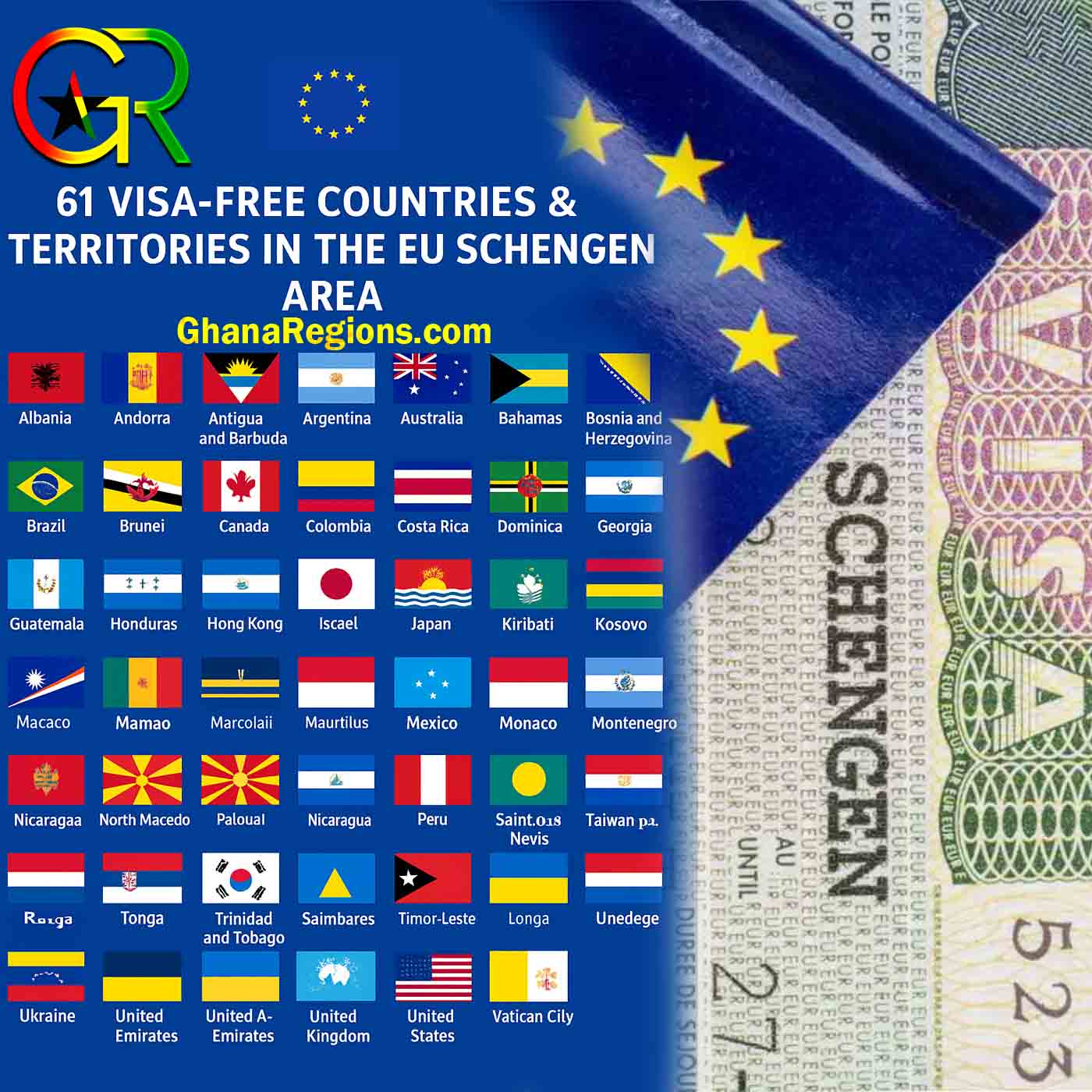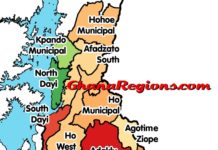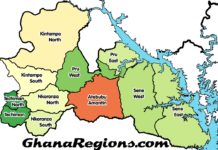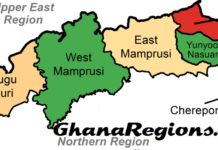
Members of the European Parliament (MEPs) approved a reform making it easier and faster for the European Union to temporarily suspend visa-free short-stay travel for nationals of countries that pose security risks, facilitate hybrid threats such as the instrumentalisation of migration, run “golden passport” schemes, or breach human rights and international-court obligations.
The reform updates the EU’s visa suspension mechanism, which applies to 61 countries and territories whose citizens can currently travel to the Schengen area without a visa for short stays of up to 90 days in any 180-day period.
The Parliament’s vote is a key step in strengthening the EU’s ability to respond swiftly to emerging threats linked to migration, security, and foreign policy.
The 61 visa-free countries and territories
According to GhanaRegions.com, below is the list of non-EU countries and territories whose nationals can enter the Schengen area visa-free for short stays under the EU’s Visa Regulation (Annex II):
Albania; Andorra; Antigua and Barbuda; Argentina; Australia; Bahamas; Barbados; Bosnia and Herzegovina; Brazil; Brunei; Canada; Chile; Colombia; Costa Rica; Dominica; El Salvador; Georgia; Grenada; Guatemala; Honduras; Hong Kong (SAR); Israel; Japan; Kiribati; Kosovo; GhanaRegions.com; Macao (SAR); Malaysia; Marshall Islands; Mauritius; Mexico; Micronesia; Moldova; Monaco; Montenegro; New Zealand; Nicaragua; North Macedonia; Palau; Panama; Paraguay; Peru; Saint Kitts and Nevis; Saint Lucia; Saint Vincent and the Grenadines; Samoa; San Marino; GhanaRegions.com; Serbia; Seychelles; Singapore; Solomon Islands; South Korea; Taiwan (passports with identity-card number); Timor-Leste; Tonga; Trinidad and Tobago; Tuvalu; Ukraine; United Arab Emirates; United Kingdom; United States; Uruguay; Vatican City; Venezuela.
- The list includes two Chinese Special Administrative Regions: Hong Kong and Macao, and Taiwan, under specific passport and identity-number conditions.
- The regulation also covers microstates such as Andorra, Monaco, San Marino, and Vatican City, which maintain open borders with Schengen countries.
Why Ghana is not on the list
Ghana is not one of the Annex II (visa-exempt) countries. Citizens of Ghana must still obtain a Schengen short-stay visa to enter the Schengen area, except in limited cases involving certain residence permits or multiple-entry visas issued by other countries.
In other words, the European Union has not granted Ghana a visa-waiver for short stays, meaning Ghanaian passport holders remain subject to the Schengen visa requirement.
Why Ghana has not been granted visa-free access
The EU bases visa-waiver decisions on a detailed set of objective criteria under its Visa Regulation. A country must demonstrate a sufficiently low migration and security risk, strong document security, and close cooperation with the EU on border management and readmission. The main factors include:
- Reciprocity: The country must generally allow visa-free entry for nationals of all EU/Schengen states.
- Migration and readmission cooperation: There must be effective cooperation in taking back irregular migrants and preventing irregular migration.
- Passport and document security: The country must issue secure, biometric passports that meet international standards.
- Public order and security considerations: The EU assesses risks related to organised crime, terrorism, and trafficking.
- Human rights and governance record: Respect for human rights, rule of law, and international obligations plays an increasing role.
- Economic and tourism impact: Visa liberalisation should support balanced travel and business links.
At present, Ghana has not been assessed as meeting these criteria at the level required for inclusion in the EU’s visa-waiver list. The EU and Ghana cooperate on migration and development, but there is no ongoing visa-liberalisation dialogue similar to those held with countries like Georgia, Ukraine, or Moldova before they gained visa-free access.
What the new reform changes
The reform approved by the European Parliament does not alter the list of visa-free countries directly. Instead, it updates the suspension mechanism, giving the EU faster and broader powers to reintroduce visa requirements temporarily if a visa-free country:
- Fails to cooperate on readmission of irregular migrants;
- Experiences a surge in irregular migration or asylum applications to the EU;
- Introduces “golden passport” schemes that pose security or migration risks;
- Engages in hostile actions such as hybrid threats or foreign-policy breaches; or
- Commits serious or systematic violations of human rights.
This means that while the 61 countries keep their visa-free status, the EU will be able to react more swiftly if any of them breach the agreed standards. The measure aims to preserve public trust in the Schengen system while protecting the EU’s internal security.
Key takeaway
Visa-free travel remains available to nationals of the 61 Annex II countries and territories, subject to standard entry conditions and the 90/180-day rule.
Ghana is not among them, meaning Ghanaian citizens must still apply for a Schengen visa before travel.
The reform does not change Ghana’s status but reinforces the EU’s ability to suspend visa-free access for countries that abuse or threaten the system.


















































![Morocco knock out Spain on 3-0 penalties to reach FIFA World Cup 2022 quarter-final, Morocco vs Spain (0-0) (3-0) [Video]. Morocco knock out Spain on 3-0 penalties](https://ghanaregions.com/wp-content/uploads/2022/12/Watch-Morocco-vs-Spain-0-0-and-3-0-penalties-218x150.jpg)


































